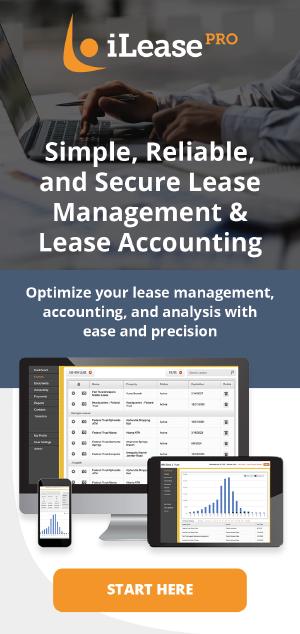How Agile Thinking Benefits CFOs: 6 Key Insights

Agile Accounting
By leveraging agile thinking and the framework that works for you
(Scrum, Kanban, etc), you can optimize the accounting department's performance, maximize productivity, and adapt to
resource limitations effectively. The key is to prioritize work, leverage technology, cross-functional collaboration,
and foster a culture of continuous improvement.
Here are some potential outcomes:
1. Increased
Efficiency: Agile methodologies, such as Scrum, promote iterative and collaborative approaches to work. By
implementing agile thinking, the accounting process can become more streamlined, reducing inefficiencies, and
eliminating bottlenecks. This leads to faster and more efficient completion of accounting tasks, ultimately saving time
and resources.
2. Enhanced Adaptability: Agile thinking enables organizations to respond
effectively to changing business needs and market dynamics. In the accounting context, this means the ability to quickly
adjust financial reporting processes, incorporate new regulatory requirements, or respond to unexpected events. The
accounting department becomes more flexible, resilient, and capable of adapting to evolving
circumstances.
3. Improved Collaboration and Communication: Agile methodologies foster a culture
of collaboration and open communication among team members. By introducing agile thinking into the accounting process,
the CFO can encourage cross-functional collaboration, enabling better coordination between accounting, finance, and
other departments. This improved collaboration enhances transparency, reduces miscommunication, and leads to more
accurate financial reporting.
4. Enhanced Accuracy and Quality: Agile approaches emphasize
regular feedback, continuous improvement, and iterative development. By implementing these principles, the accounting
process can benefit from increased attention to detail, quality assurance, and ongoing validation of financial data.
This helps identify and address errors, discrepancies, or issues in a timely manner, resulting in improved accuracy and
reliability of financial reporting.
5. Greater Stakeholder Satisfaction: Agile thinking places
importance on delivering value to stakeholders. By implementing agile methodologies in the accounting process, the CFO
can align financial reporting with the needs and expectations of stakeholders such as investors, regulators, or
executive management. Timely and accurate financial information, supported by agile practices, can enhance stakeholder
satisfaction and confidence in the accounting department's outputs.
6. Continuous Learning and
Optimization: Agile thinking encourages a culture of continuous learning, experimentation, and
optimization. By introducing agile methodologies into the accounting process, the CFO can foster a mindset of ongoing
improvement, allowing the accounting department to regularly reflect on its processes, identify areas for enhancement,
and implement changes accordingly. This promotes efficiency gains, innovation, and a proactive approach to addressing
challenges.
Overall, as a CFO you can expect to see increased efficiency, adaptability, collaboration, accuracy,
stakeholder satisfaction, and continuous improvement as a result of introducing agile thinking into the accounting
process. These outcomes can contribute to a more agile, resilient, and value-driven accounting function within the
organization.



